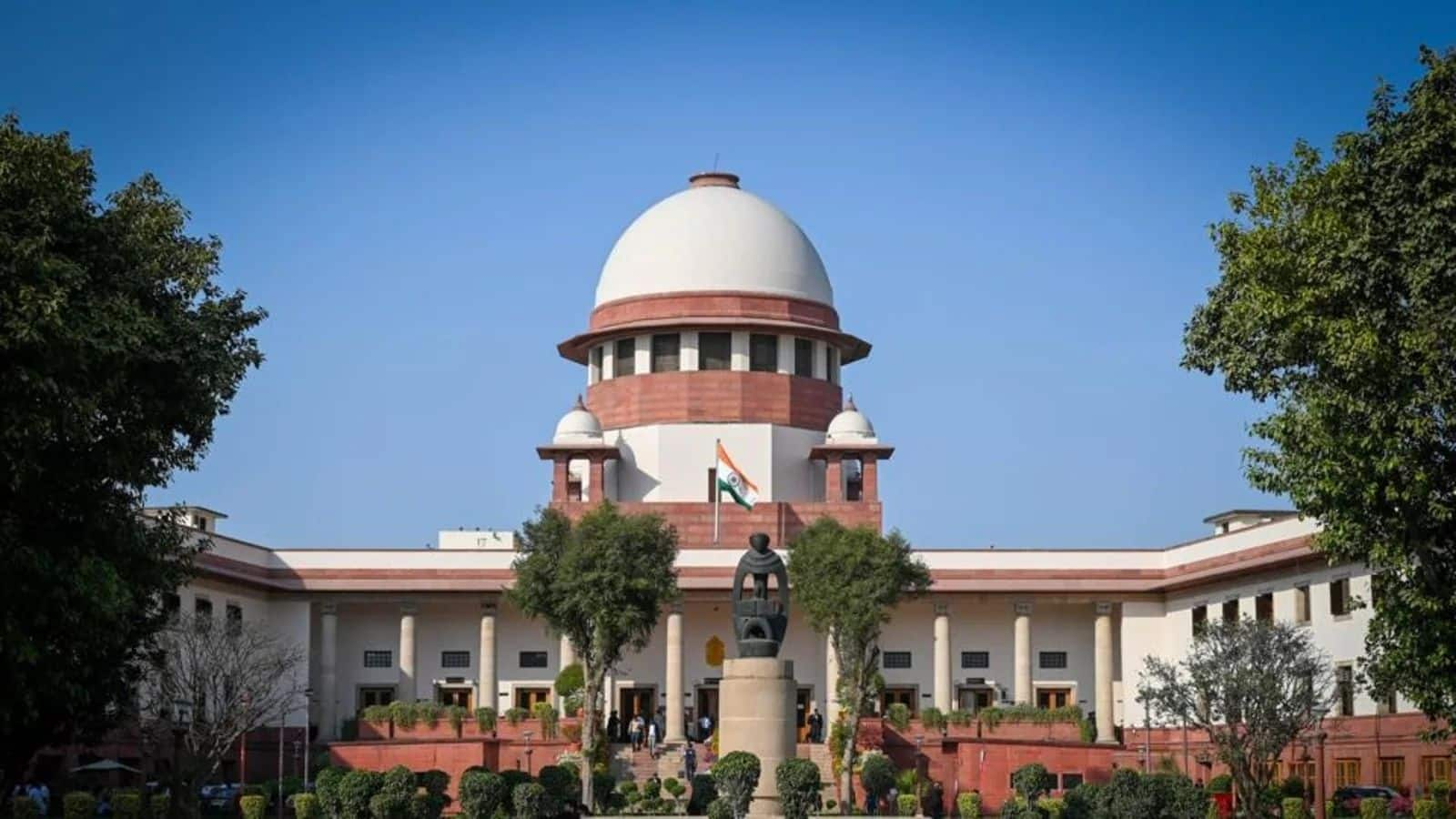
SC stays Allahabad HC order striking down UP madrasa law
What's the story
The Supreme Court on Friday suspended an Allahabad High Court verdict that declared the Uttar Pradesh Board of Madarsa Education Act, 2004, unconstitutional. This decision brings substantial relief to approximately 17 lakh students studying in nearly 16,000 madrassas across the state. To recall, the high court had last month declared the 2004 law "unconstitutional" for violating the principle of secularism and directed the government to accommodate all Madrasa students in the formal education system.
Context
Why does this story matter?
The SC panel, led by Chief Justice DY Chandrachud, indicated that the high court's verdict appeared to be flawed. The apex court has now issued notices to the Madrassa board and both the central and Uttar Pradesh governments. The case is slated for further scrutiny in the second week of July, marking a crucial juncture in this ongoing legal discourse. The apex court's intervention ensures these educational institutions can continue functioning under the provisions of the 2004 Act.
Defense
Advocate Singhvi defends madrassa education
Senior advocate Abhishek Manu Singhvi, representing the Madrassas, argued that religious education does not equate to religious indoctrination. He warned that the high court's order could put 10,000 Madrassa teachers and 17 lakh students in a difficult situation. Singhvi also emphasized that it is incorrect to assume Madrassa education lacks quality or universality and is not comprehensive.
Consideration
Chief Justice highlights need for thorough consideration
Chief Justice Chandrachud, in his verdict, supported Singhvi's argument. He underscored that subjects such as math, science, and social studies are included in madrassa curriculums. The CJI also highlighted that this ruling would significantly impact the future of 17 lakh students studying in these institutions across Uttar Pradesh.
Defense
Supreme Court defends Madrassa board's regulatory role
The Allahabad High Court had previously deemed the 2004 law "unconstitutional" for allegedly violating secularism principles. It has directed the government to integrate Madrasa students into mainstream education. However, the Supreme Court has now suspended this directive, asserting that the Madrassa Board's objectives are regulatory in nature and its establishment does not undermine secularism.